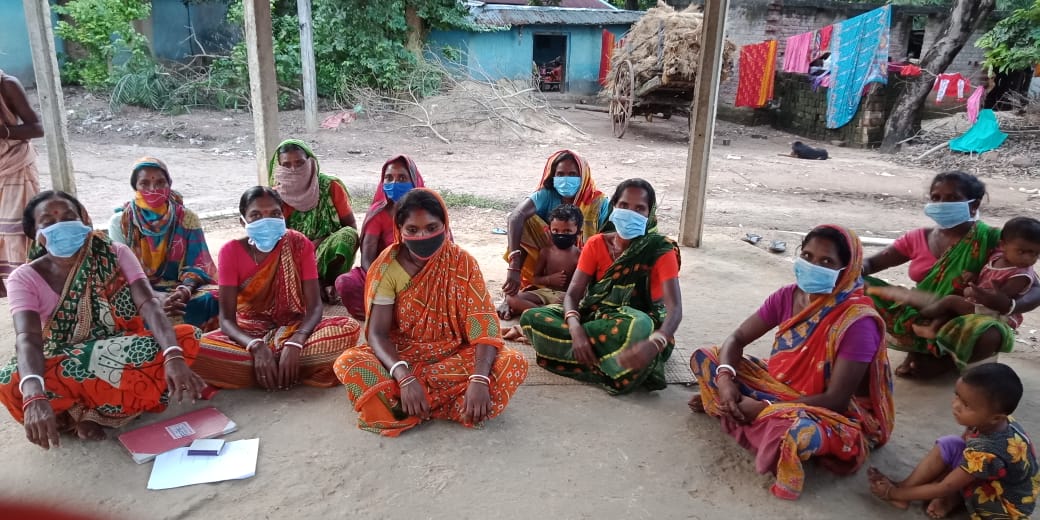
Face cover can not cover the hidden talents: Adaptation to become self reliant
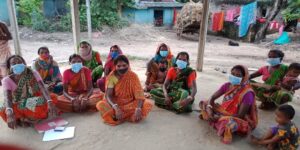
Who could imagine how our lives would be so different with the outbreak of COVID 19 pandemic. The virus has compelled us to adapt new behaviors such as putting face masks and maintain physical distancing as new normal way of life. This is unthinkable and unprecedented. What is more surprising is to find how people have started adapting with the “New Normal” and have been unleashing their potentials to survive and grow. And here is the story of the women of Chhoto Koyma village in Bankura District of West Bengal, India. The women had to confine themselves within their household during the lock down period. The meeting of the women groups could not be held and their plan to start some collective business was also badly hit. However, the pandemic could not restrict their spirit and will power for long. The marginalised and poor women of Chhoto Koyma, most of whom did not have the opportunity to attend formal education become the trendsetters in their area. They started meeting of the groups while strictly maintaining the protocols of putting face masks and maintaining the physical distance. That is how the four women groups collectively worked together to raise nutrition gardens and producing organic inputs like vermi compost, neemastra as bio control agents of pests etc. They have not only sustained their families by feeding them with the vegetables grown in their nutrition gardens but have also earned disposable incomes by selling the vegetables in the nearby market during the lock down period. Not only that the women of the village have explored the potentials of using vermi compost that they have produced in groups in their paddy field. Which is how they have considerably reduced the use of chemical fertilizers during the kharif paddy season. Now the women have started pisciculture in groups. The saplings of Papaya and Moringa being raised in the community nursery by the groups will be planted on the bank of the ponds to increase the land productivity and diversification of the income options.
“We used to migrate in the neighboring districts as agriculture labor for about two – three months a year but now with the diversified options of income in the village itself we could sustain our families and do not think even to work as migratory labor again” says Sulekha Dule, one of the residents of the village. The institutions developed in the form of cohesive women groups facilitated by IBRAD (Indian Institute of Bio Social Research and Development) and skilling the women for organic sustainable agriculture, setting of common goal and collective actions to achieve the goals have acted as drivers for unearthing the potentials of these so called “un educated” women even during this pandemic era. These women have adapted the “New Normal” way of life. With the conviction, commitment and zeal to create livelihood options by utilising their local resources in situ have certainly been enhancing the potentials of these women to become self reliant.

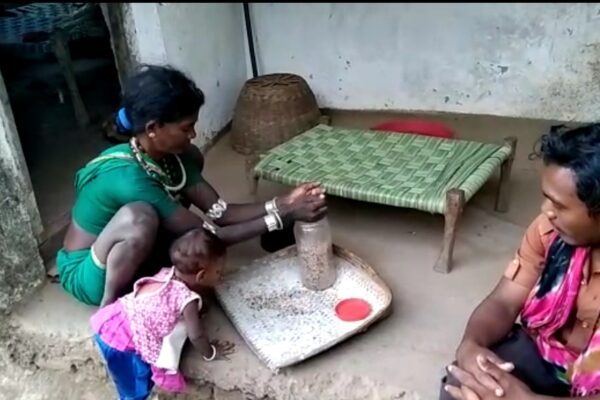
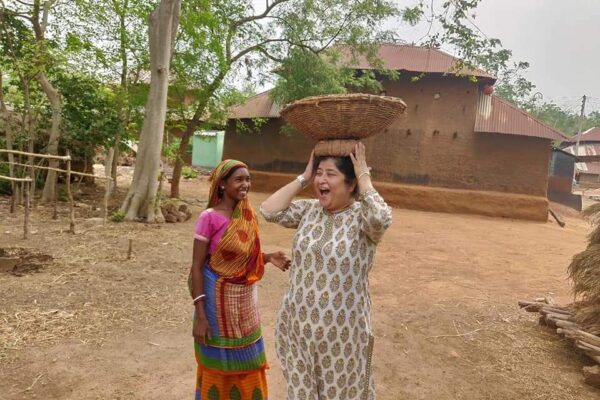
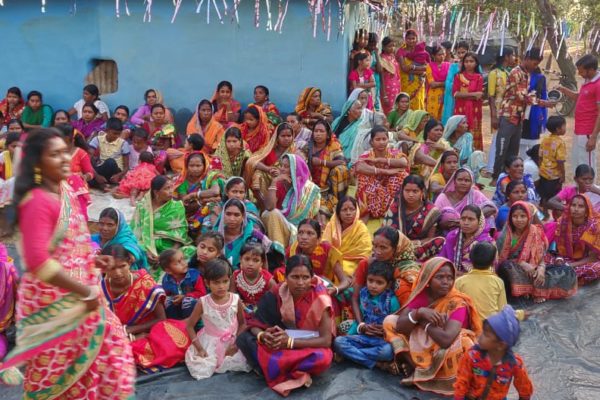
SS
Such initiatives by women during this pandemic situation, are truely unparalleled.
Raktima Mukherjee
Thanks for recognising the efforts of these women
shree Bhagwan Roy
It is well thought expressions of the fact that many women, tribal community in particular have been working in the field and their talent, skills and experience have helped them in maintaining the house hold as well as farming based activities.
Raktima Mukherjee
Yes, the art of balancing the works both at home and for livelihood is truly appreciable
Rajat Subhra Mukhopadhyay
Fantastic..the story of womens of choto koyma village is so encouraging and so insipirational….just loved it..
Raktima Mukherjee
Thanks for your appreciation